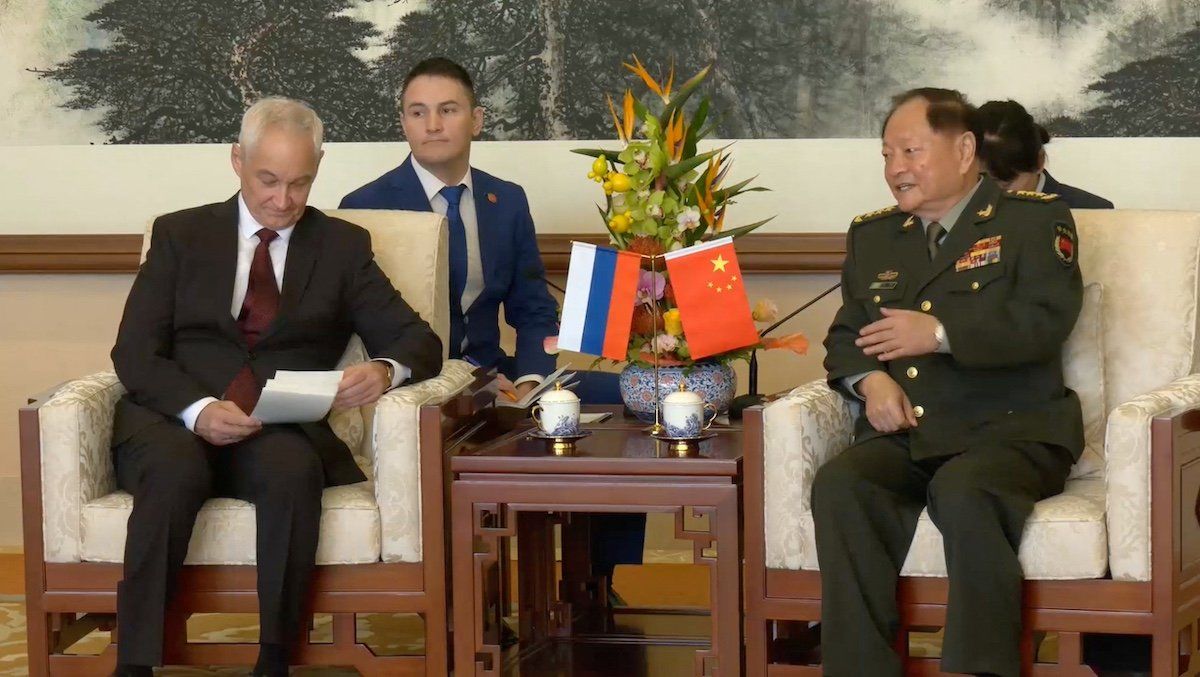Russian Defense Minister Andrei Belousovmet with China’s top civilian defense official Zhang Youxia on Tuesday in Beijing, where both sides pledged to “continue working closely” to deepen military relations. However, the “no limits” partnership Beijing and Moscow committed to two years ago is proving unworthy of the moniker.
For one, China has proven reluctant to provide Russia with the weapons and shells it wants to wage war in Ukraine. Even Beijing’s more restrained shipments of “dual use” goods — civilian items with military applications like computer chips, machine components, and navigation equipment — has attracted opprobrium from the US and Europe.
But China isn’t just losing leverage with Russia and the US: North Korea has been happy to step in and send Russia approximately half the shells it uses in Ukraine, and even reportedly deploy troops to the battlefield. Beijing isn’t willing to match Pyongyang — or, evidently, rein them in.
All eyes are now on next week’s BRICS summit in Kazan, Russia, where Presidents Xi Jinping and Vladimir Putin will meet. China would like to show a united front at the big international conference, but the expansion of the group’s membership to include Egypt, Ethiopia, Iran, and the United Arab Emirates (and also kinda sorta Saudi Arabia) makes it hard to get on the same page about any given geopolitical issue. We’re watching how they talk about Ukraine next week.
